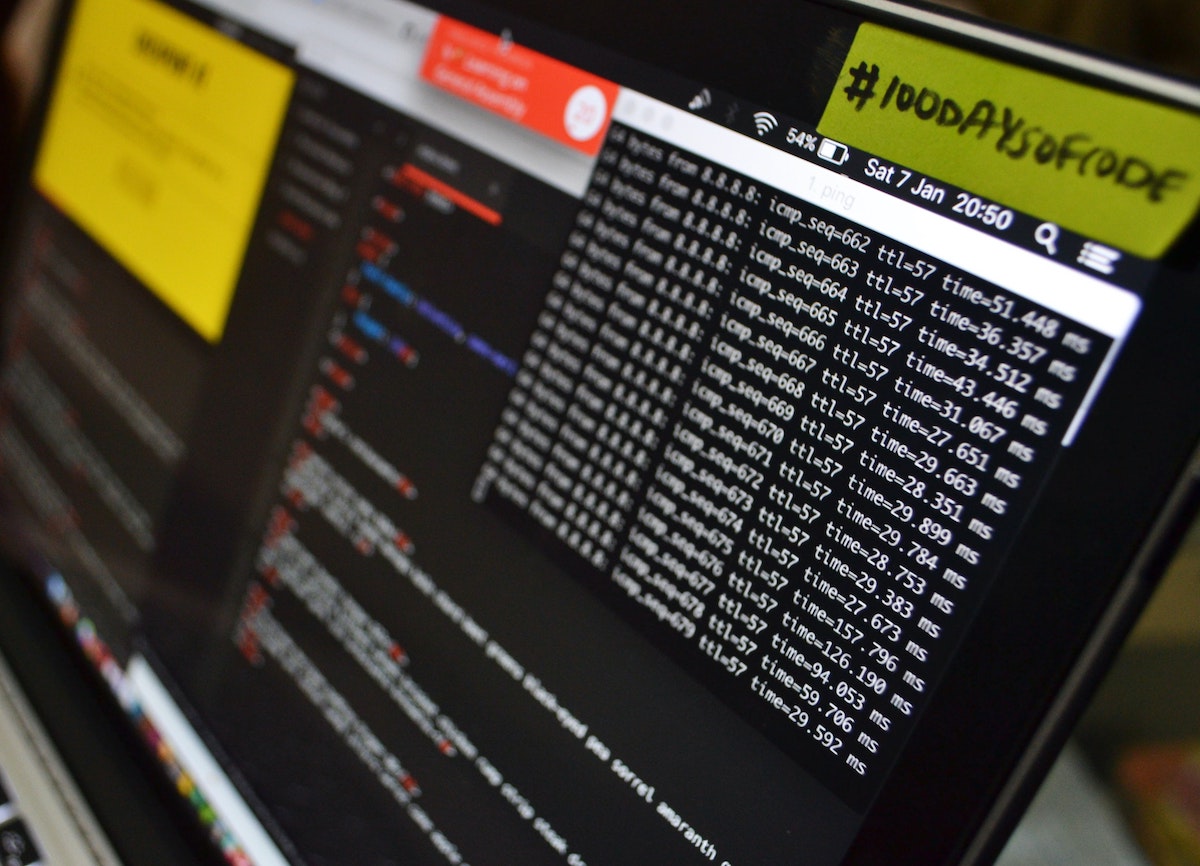In the digital age, we live in cybersecurity has become one of the biggest priorities. In 2020, the average cost of a data breach was USD 3.86 million globally (including the expenses of discovering and responding to the breach, the cost of downtime and lost revenue, the long-term reputational damage to a business). The gaming industry has been impacted by the increasing growth of online gambling in the recent decade. New accounts are being registered and huge sums of money are deposited and withdrawn daily. In this regard, growing investments are made into cybersecurity to protect customers data and be aware of possible risks. Like in any online industry, the risk of cybercrime remains. In this article, you can take a deeper look into the meaning of cybersecurity, what are the risks in the gaming industry and what methods are being used to keep this part of the entertainment world safe.
What is cybersecurity by definition?
Cybersecurity is the practice of protecting digital systems, such as hardware, software, data, and other sensitive information from cyberattacks. Measures are designed to take action against threats, coming from inside or outside of an organization, in networked systems and applications. Comprehensive cybersecurity strategies are governed using advanced analytics, artificial intelligence, and machine learning to fight cyber threats effectively.
Cybersecurity risks in the gaming industry
Next are some of the biggest cybersecurity risks in the gaming industry:
Data theft and malware threats
The gaming industry hosts countless accounts, accumulating comprehensive data. Games are prone to malware threats and are manipulated through links to cheat the software. The malware targets players’ accounts to access their provided personal data, such as credit card information, password, location, etc. Hackers’ main focus is usually on accessing users’ bank accounts and causing damage to their financial assets.
Credential Stuffing and account takeover
Data breaches and leaked password lists are exactly what hackers look for to deploy gamers’ accounts. This is a threat for easy-to-target passwords that are reused on different sites. Automated tools can crack user credentials by parsing all possible combinations of characters until the right one is found. Account takeovers mostly happen through mobile apps that use third-party services. Hackers exploit the payment code and trick players to divulge their account details.
Phishing
Phishing is one of the typical ways of cyber attack done mostly through fraudulent emails. An imitated email address and login page or hoax messages are used to trick users to enter their information. This way a phisher can acquire vital information from the players’ account.
Selling cheats for gamblers
Another way hackers attack cybersecurity is by selling cheats that should improve the player’s gameplay. This way they can conceal malicious payloads and cause ransomware attacks. One example of a disguised cheat attack is Syrk, which encrypts the victim’s PC data, like videos, images, and documents, and deletes them every two hours unless a player pays a ransom.
How gaming sites are kept secure
Online gambling sites are taking the implementation of effective cybersecurity measures very seriously. Firewalls are used to block unwanted traffic from entering the server of an online casino. Secure Socket Layer protection provides identification about the webserver and establishes an encrypted connection of transferred data, so hackers wouldn’t be able to read the data. Some platforms use multi-factor authentication to protect users against possible identity theft. Nevertheless, cyber attacks can still happen even when the most thorough methods are taken into use. Many online casinos have prepared disaster recovery plan strategies for damage control and fast recovery.
“Treat your password like your toothbrush. Don’t let anybody else use it, and get a new one every six months.“ – Clifford Stoll
Photo by Lewis Kang’ethe Ngugi on Unsplash


